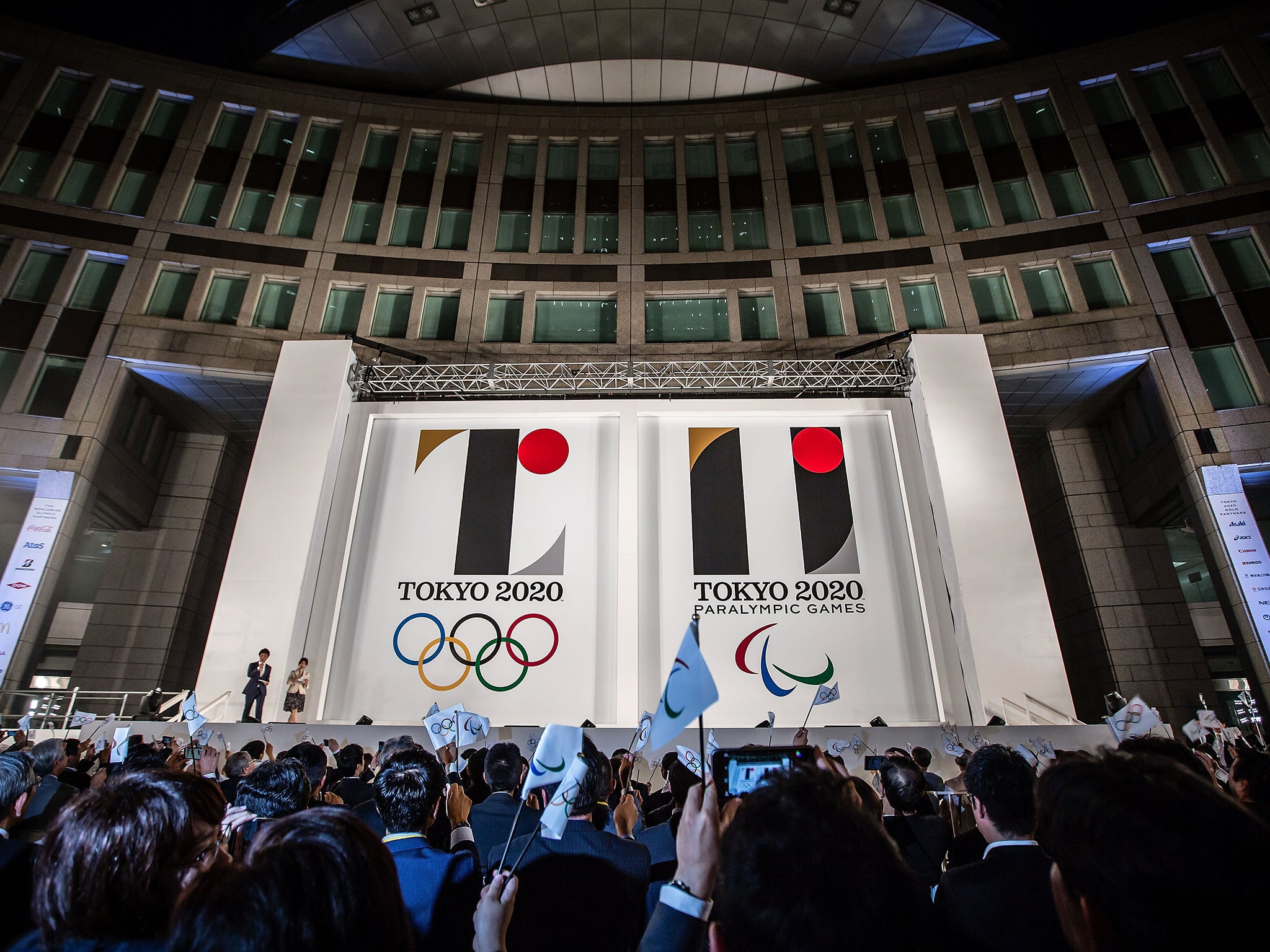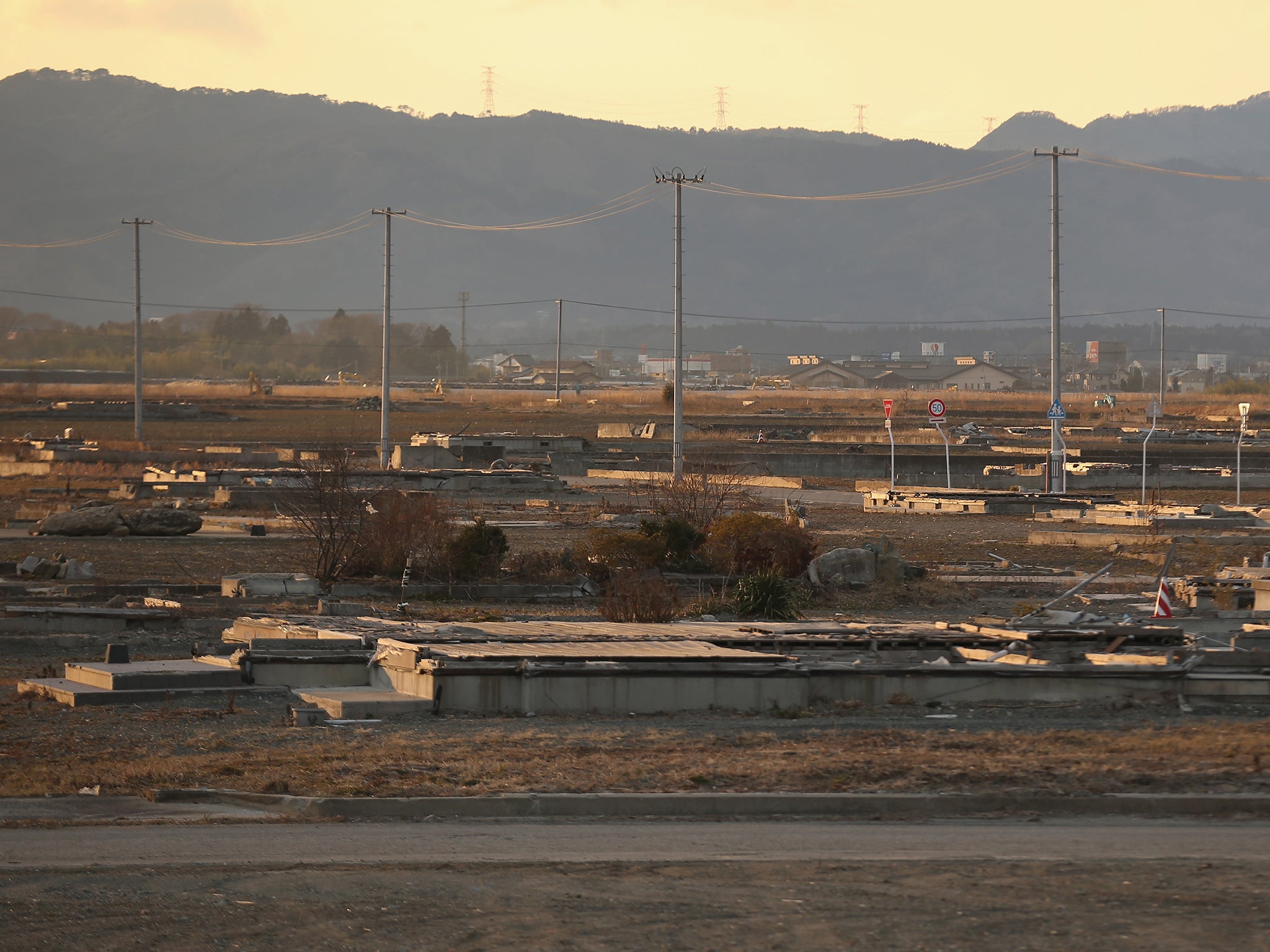South Korea team to bring radiation detectors to Tokyo Olympics over ‘contamination fears’
Committee claim food may be compromised despite lifting of Fukushima-related restrictions

South Korea‘s Olympic committee plans to buy radiation detectors and ship homegrown ingredients to Japan for its athletes at the Tokyo Games because of worries local food may be contaminated by the 2011 Fukushima nuclear disaster.
Japan has posted data to show the country is safe from Fukushima radiation and many countries have lifted Fukushima-related food restrictions.
The Korea Sports & Olympic Committee (Ksoc) plans to ship red pepper paste, a key ingredient in Korean dishes, and other foods, and check for radiation in meat and vegetables that can only be sourced locally due to stringent quarantine rules, a Ksoc meals plan report shows.
“Apparently, ingredients and food will be transported from South Korea as much as possible, possibly including canned food,” Shin Dong-keun, a ruling Democratic Party member of the parliamentary sports committee who was recently briefed by Ksoc, told Reuters in an interview.
“For this Olympic games, food is our team’s main focus so they can provide safe meals for the athletes to erase radiation worries, as opposed to in the past, food was meant to play the supplementary role of helping with their morale.”
Ksoc plans to arrange local Korean restaurants to prepare meals for baseball and softball players competing in Fukushima, as shipping boxed lunches from Tokyo is not feasible, it said in the “2020 Tokyo Summer Olympics Meals Support Centre Plan”.
“These Korean restaurants should only handle food confirmed as radiation free.”
The Fukushima Daiichi nuclear station, located about 130 miles northeast of Tokyo, was rocked by a magnitude 9.0 earthquake and subsequent tsunami in March 2011, sparking three reactor meltdowns.
More than 160,000 residents fled nearby towns in the aftermath as radiation from the reactors contaminated water, food and air.
Radiation Hot Spots
Greenpeace said on Wednesday that radiation hot spots have been found at the J-Village sports facility in Fukushima where the Tokyo 2020 Olympic torch relay will begin.
South Korea has stepped up demands for a Japanese response to concerns food produced in the Fukushima area and nearby sea could be contaminated by radiation from the Fukushima plant.

Japan is having trouble removing more than 1 million tonnes of contaminated water from the crippled plant.
When it finalises menus around April, the Ksoc will consider asking Tokyo to ease its stringent quarantine ban on South Korean produce, an official at the committee said.
The official said South Korea was preparing a separate meals plan due to concerns from the public and politicians over food safety, unlike the United States and Australia whose athletes will mainly eat food provided by the host country, Japan.
The official requested anonymity due to the sensitivity of the matter.
South Korea’s concerns about possible contamination from the nuclear disaster has become a thorn in already contentious ties with Japan.
Seoul has banned imports of seafood from Japan’s Fukushima region since the nuclear disaster, prompting Tokyo to launch a World Trade Organisation complaint. Japan has said many nations such as the United States and Australia had lifted or eased Fukushima-related restrictions.
Japanese officials use international events to promote the recovery of areas hit by the 2011 tsunami and nuclear disaster to show produce from Fukushima prefecture is safe.
Mineral water from Fukushima was served on tables at the last month’s G20 foreign ministers meeting it hosted in Nagoya.
The South Korean Olympic committee plan to purchase radiation detecting equipment by February and station an inspector at its own cafeteria in Tokyo during the games to check contamination levels, according to the Ksoc report.
The budget for the Tokyo Olympics meals service is earmarked at 1.7 billion won (£1.2bn), which includes twice the amount of money for buying and shipping ingredients than previous games, according to the committee.
Reuters
Join our commenting forum
Join thought-provoking conversations, follow other Independent readers and see their replies
Comments